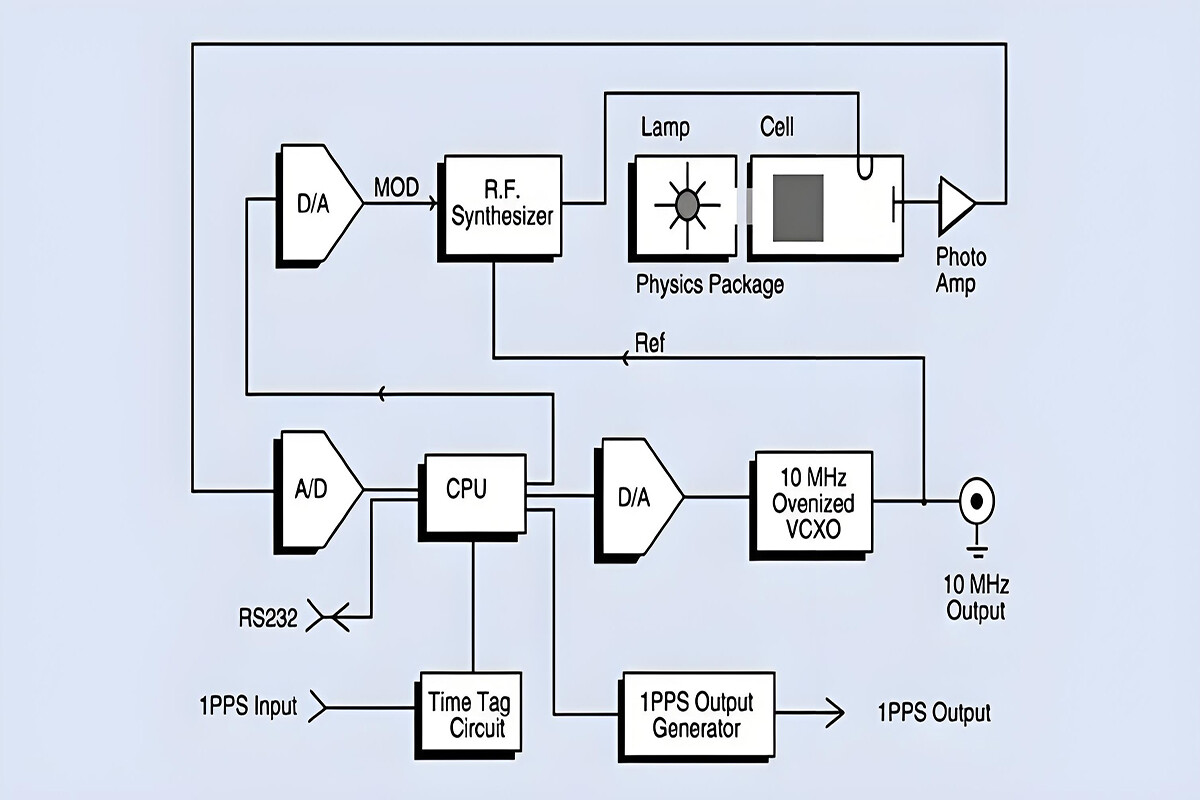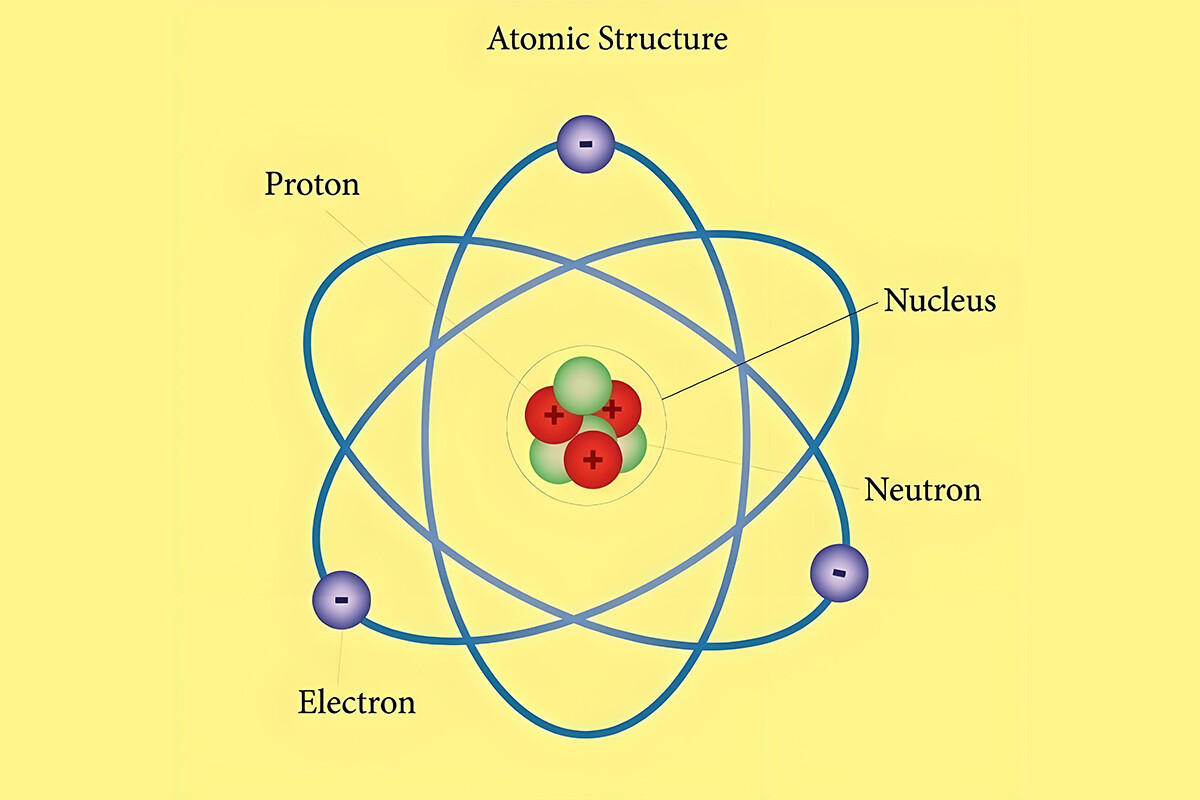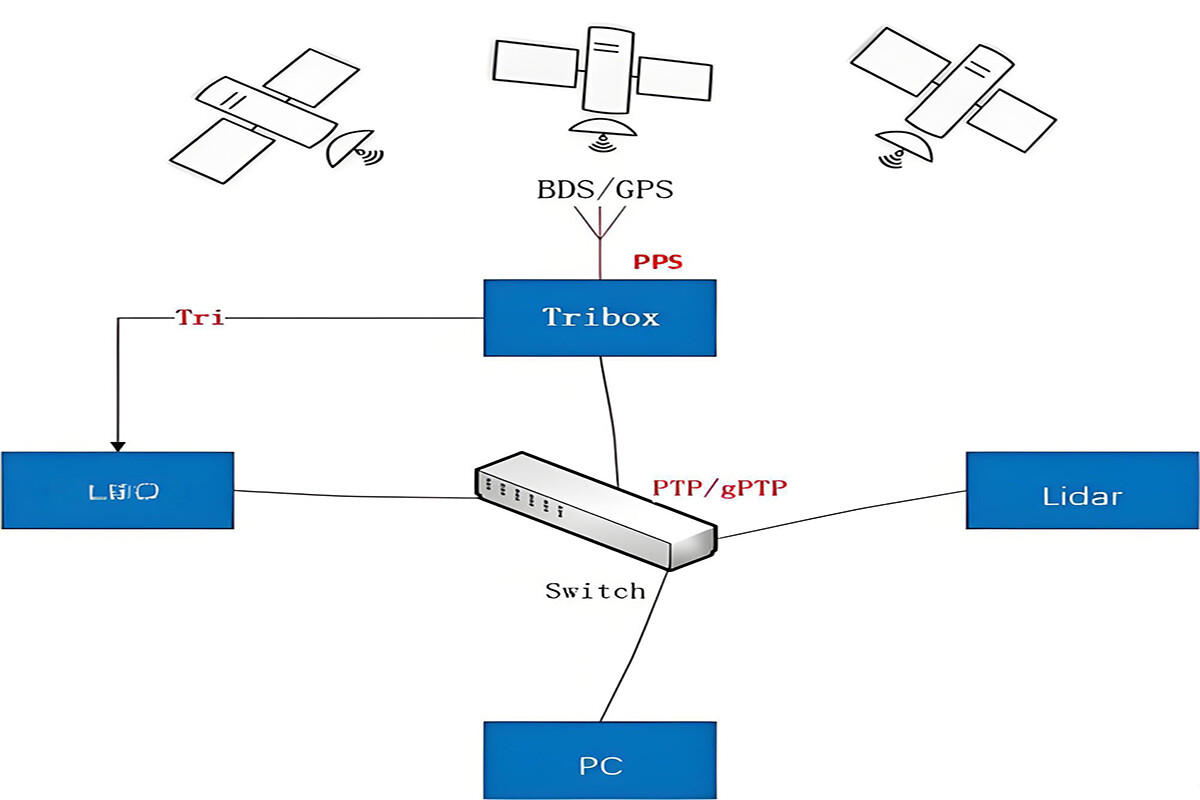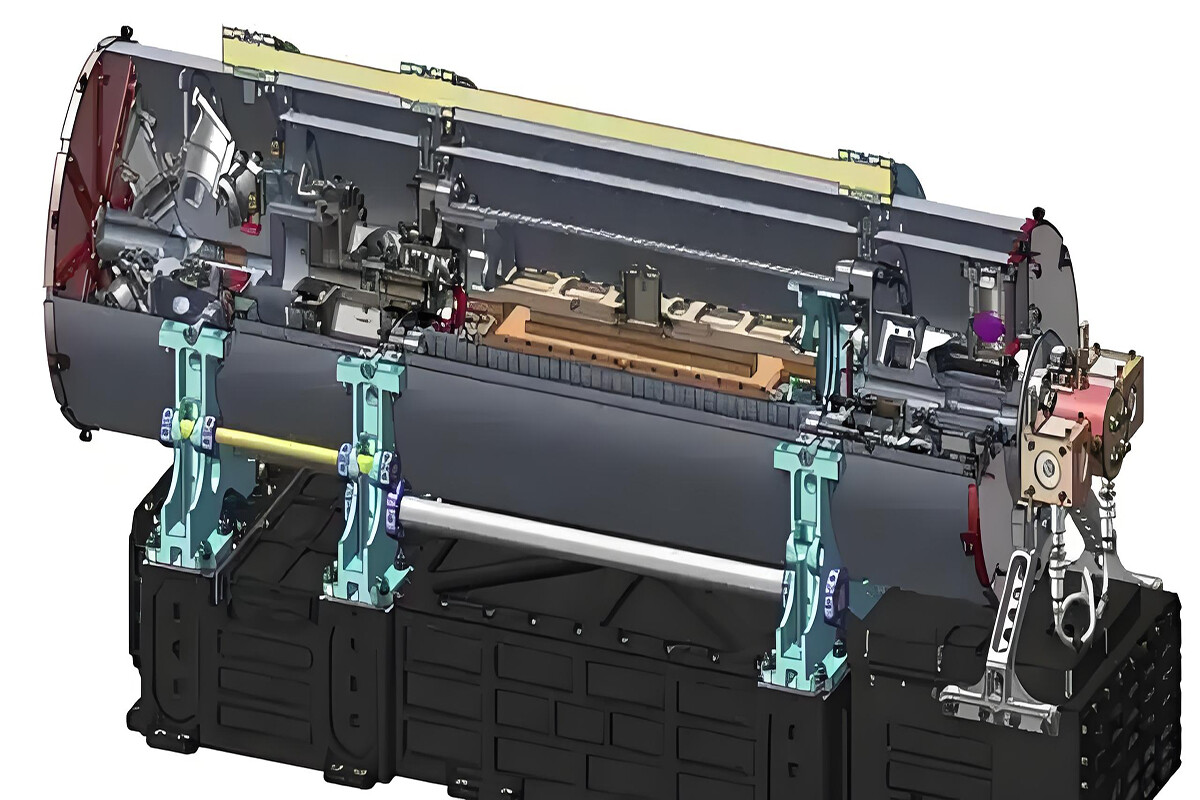RELATED
MESSAGE
Three-cesium clock groups have the following important applications in satellite navigation systems:
1. Providing Precise Time Reference
Basis For Precise Positioning:
Satellite navigation systems calculate user positions by measuring the time it takes for satellite signals to propagate to user receivers. Three-cesium clock groups provide highly accurate and stable time references for satellites and ground stations, ensuring the accuracy of signal transmission time measurements, thereby achieving high-precision positioning. For example, in the Global Positioning System (GPS), precise time synchronization is the key to determining the user's three-dimensional coordinates. Three-cesium clock groups can control time accuracy at the nanosecond level, so that positioning errors can be controlled within a small range.
Timing Service Guarantee:
Providing high-precision timing services for various users. In fields such as communications, electricity, and finance that have extremely high requirements for time synchronization, three-cesium clock groups ensure time consistency between systems, ensuring the accuracy and orderliness of operations such as data transmission and transaction records. For example, financial transaction systems rely on the precise timing of satellite navigation systems to ensure the accuracy of transaction timestamps and prevent transaction disputes. The three-cesium clock group can achieve a timing accuracy of nanoseconds to meet the needs of financial services.
2. Improve Navigation Positioning Accuracy
Reduce Signal Propagation Errors:
Due to the high precision and stability of the three-cesium clock group, the position of the satellite and the signal transmission time can be determined more accurately, reducing the accumulation of errors during signal propagation. In complex environments such as multipath effects, ionospheric and tropospheric delays, it can still provide accurate time references for signal transmission and improve the accuracy of positioning solutions.
Enhance Multi-Satellite Collaborative Positioning Capabilities:
In satellite navigation systems, multiple satellites work together to determine the user's location. The three-cesium clock group makes the time synchronization between different satellites more accurate and the coordination between satellite signals better. By accurately measuring the time difference between different satellite signals reaching the user, more accurate triangulation positioning can be achieved, improving the reliability and accuracy of navigation positioning.
3. Enhance System Reliability And Anti-Interference Capability
Fault Tolerance And Backup Mechanism:
The three cesium atomic clocks are mutually redundant. When one of them fails or is interfered with, the system can maintain a high-precision time and frequency reference through the other two normally working cesium atomic clocks, ensuring the normal operation of the satellite navigation system and improving the reliability and fault tolerance of the system.
Anti-Interference Stability:
The three-cesium clock group has a strong anti-interference capability as a whole. It can maintain a stable time output in a complex electromagnetic environment, such as solar storms, ionospheric disturbances or artificial electromagnetic interference, to ensure that the signal transmission and positioning services of the satellite navigation system are not seriously affected.
4. Assist In Satellite Orbit Determination And Maintenance
Accurate Orbit Measurement:
In the process of satellite orbit determination, the precise time information provided by the three-cesium clock group is crucial for measuring the distance and angle between the satellite and the ground station. Through precise time measurement, combined with ranging and angle measurement technology, the orbital parameters of the satellite can be calculated more accurately, providing support for the precise orbit determination of the satellite.
Orbit Maintenance And Control:
Satellites need to perform orbit maintenance and control during operation to keep them on the predetermined orbit. The three-cesium clock group provides an accurate time reference for the orbit control algorithm, ensuring that the satellite can perform orbit adjustment and attitude control according to the predetermined time and strategy, and ensuring the stability of the constellation configuration and performance of the satellite navigation system.
CONTACT US
Please use the form below to get in touch.
If you need a reply we will get in touch as soon as possible.





